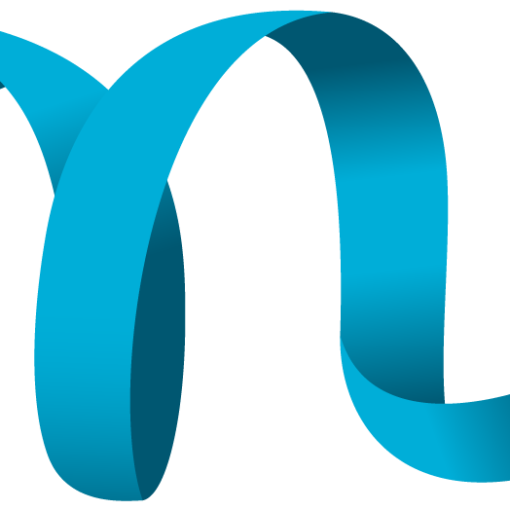About the Organization
The United Nations University World Institute for Development Economics Research provides economic analysis and policy advice with the aim of promoting sustainable and equitable development for all.
The Institute began operations over 30 years ago in Helsinki, Finland, as the first research centre of the United Nations University. Today it is a unique blend of think tank, research institute, and UN agency – providing a range of services from policy advice to governments as well as freely available original research.
Over the period 2019–23 UNU-WIDER research will focus on the interlinked development challenges of transforming economies, states, and societies. These transformations are central to the achievement of the United Nations’ 2030 Agenda for Sustainable Development and the Sustainable Development Goals (SDGs). Three key concerns will be integrated throughout the research programme — fragility and risk, empowerment, knowledge and capacity.
About the Grant
A deeper understanding of dynamics driving inequalities within countries is crucial. Despite the increasing importance of top incomes or capital incomes in recent academic and public debates on inequality, most people make their living through work, whether in a subsistence economy or by participating in formal or informal labour markets. Thus, understanding what drives earnings inequality, particularly in the context of Global South countries, is essential.
Other inequalities which later manifest as unequal labour market outcomes (in terms of earnings or income inequality) may have roots in unequal access to education, or several other factors during one’s lifetime—such as the neighborhoods people grow up in or even their mother’s relative access to prenatal healthcare. The root causes of a persistence in inequalities across generations in Global South countries remain poorly understood, and there is limited knowledge of which policies are most effective in breaking intergenerational poverty and inequality traps.
Therefore, this project aims to understand the drivers of inequality in different moments of life and the policies that can be implemented to reduce their influence. In particular, we are interested in proposals that advance theoretical and empirical knowledge on the following questions:
- How do pre-market factors—such as early childhood environments, exposure to economic or climate shocks, a parent’s job loss, a change in a household’s geographic location, etc.— explain a society’s levels of intergenerational mobility and labour market inequality?
- How do the characteristics of the place of birth (or childhood)—such as public goods provision, peer effects, social networks, etc.—affect inequality?
- What are the effects of specific policies on overall levels of social and economic intergenerational mobility or labour market inequalities? Which interventions have successfully redressed disadvantages created by pre-market inequalities and which interventions have successfully reduced inequalities of labour market outcomes?
In addition to these guiding questions, we would like to highlight the importance of advancing the understanding of inequality in some specific contexts:
- African countries with limited data access or data quality
- The subgroup lens of inequality and discrimination: race, gender, occupational choice, etc.
- Intersections between inequality and climate change
Offer:
We seek proposals from researchers working on intergenerational mobility, labour market inequality, climate change and inequality, evaluation of the impacts of public policies on inequality, education and inequality, and perceptions of redistribution. We are particularly interested in proposals that make a strong empirical contribution or use innovative datasets for lower income countries, particularly in Africa. Proposals that conduct systematic reviews and meta-analysis, and descriptive analysis that push the research frontier on inequality in lower income and data-limited contexts are also welcomed.
UNU-WIDER invites proposals from qualified researchers for papers examining the determinants of intergenerational mobility and labour market inequality in Global South countries. The aim is that these papers will be published in high-quality journals in economics, political science, development studies, or related fields after publication in the WIDER Working Paper Series. Researchers with successful proposals will receive a total research honorarium of USD 6,000–10,000. Researchers who are interested in submitting a proposal for creating a new and innovative data set in a low-income context may apply for a research honorarium between USD 10,000 and USD 20,000.
Proposals from individuals (or groups of individuals), as well as non-profit organizations, are welcome. A webinar will be held by UNU-WIDER on 11 June 2024, to provide additional guidance on the submission of proposals. Authors of successful proposals are expected to attend an online work-in-progress workshop organized by UNU-WIDER in 2025 (date to be announced later).
How to Apply
30 June 2024: Proposal submission deadline
- Proposals for papers authored by one or multiple scholars will be considered. The proposal shall include: (1) an up-to-date CV for each author; and (2) an extended abstract of 1500- 2000 words that summarizes the research question, data, proposed methods for the analysis, and preliminary results (optional) in sufficient detail to warrant an evaluation.
- Submission of proposals is done electronically by using the online application form on the RFRP announcement page. There are three forms to select from: one for individuals, another for groups of individuals, and a third for universities or non-profit organizations. Details (such as address, gender, nationality, date of birth) of all researchers involved are to be entered onto the form. Please familiarize yourself with the form in advance.
- Each individual can submit only one proposal.
- Submission of a budget is not required for proposals below USD 10,000.
- Any questions on the proposal process should be sent to researchproposal2@wider. unu.edu by 15 June 2024. All queries and responses will be published on the RFRP announcement page. Selected answers will be updated on a rolling basis.
For more information please check the Link




